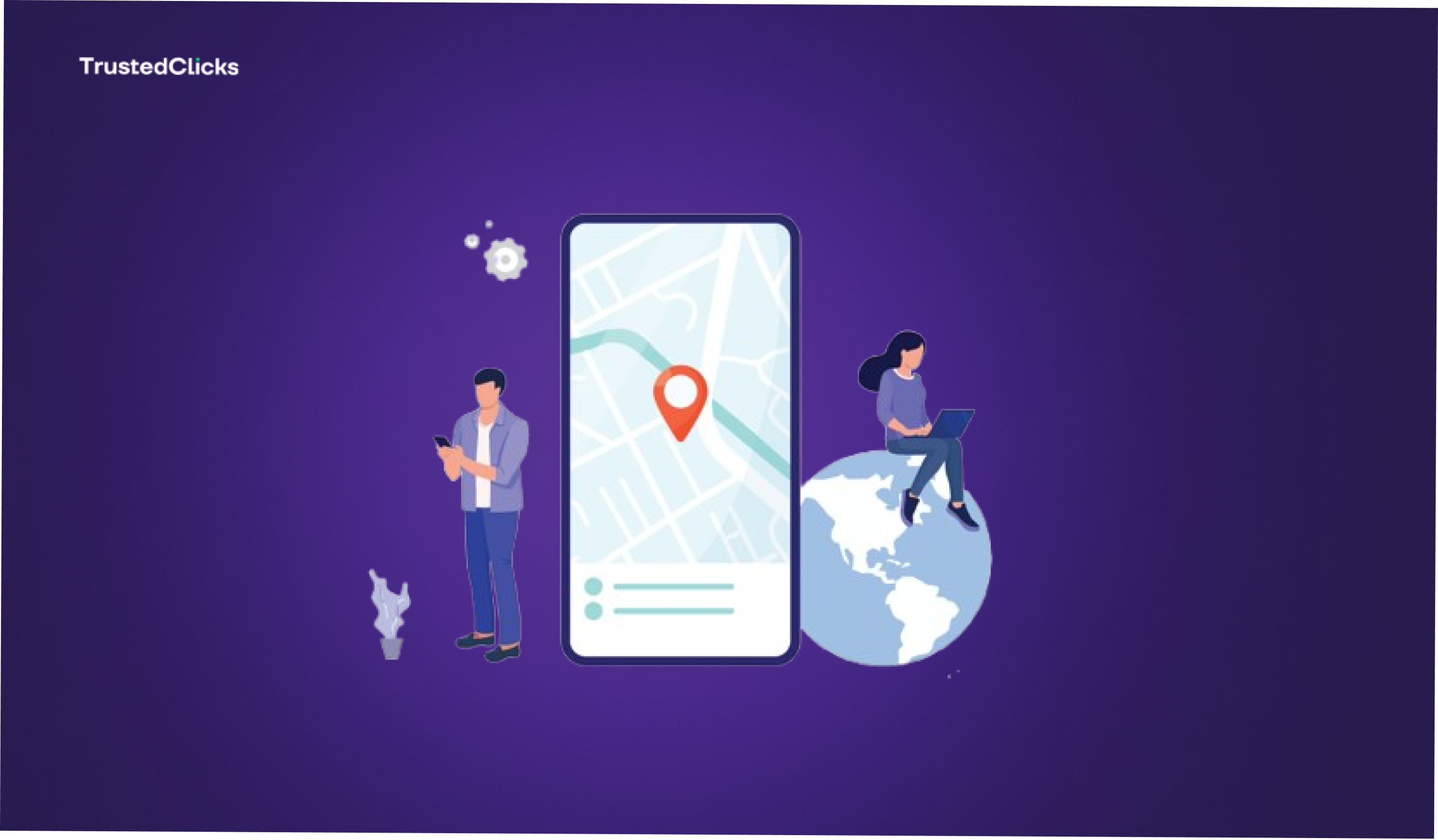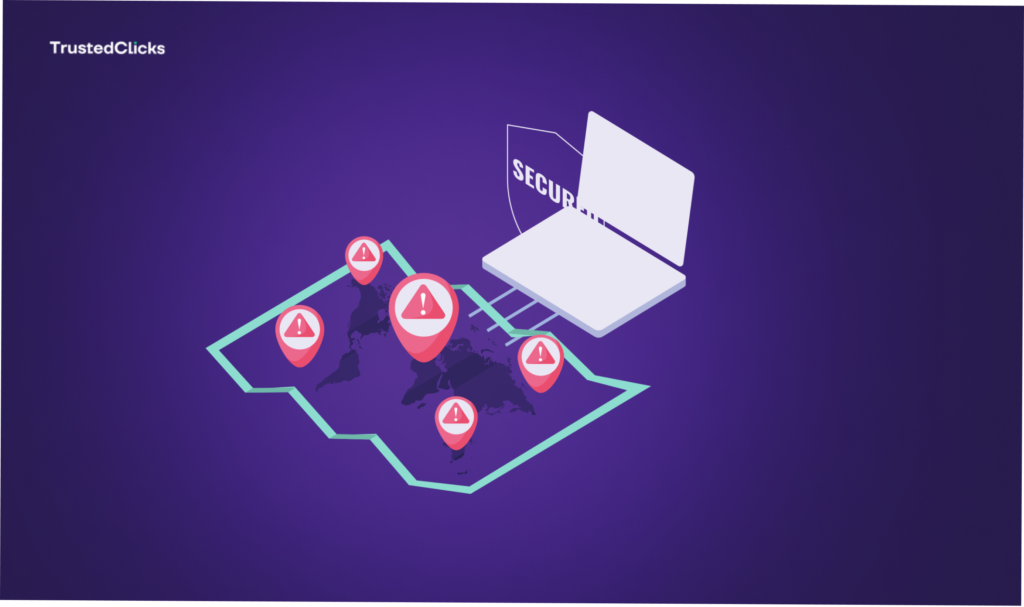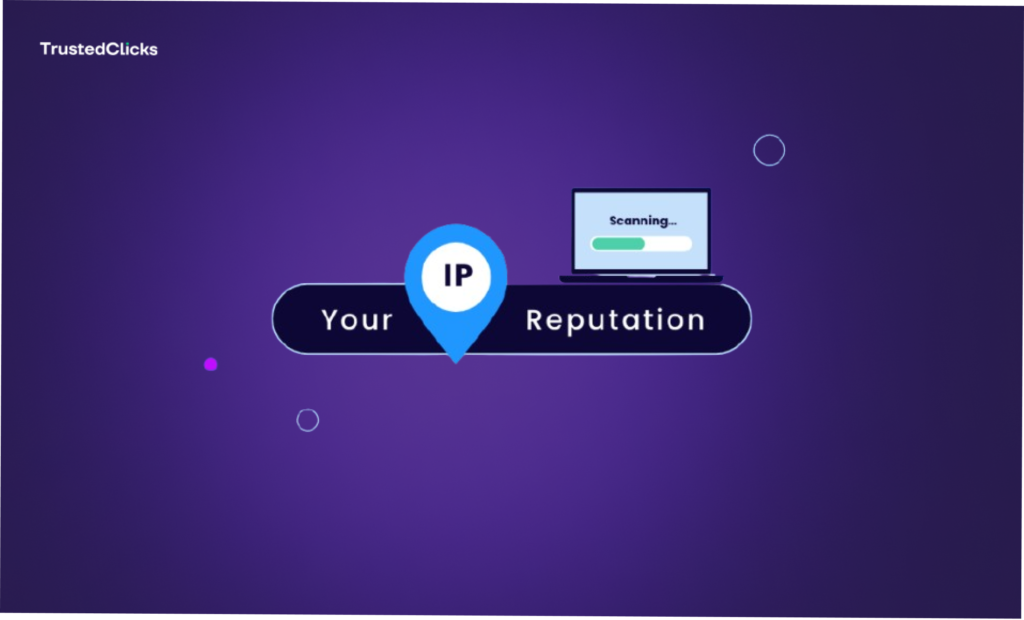- E-Commerce Security, Affiliate marketing
Explore IP Geolocation To Understand and Utilize Location Data in the Digital Age


In today’s interconnected world, knowing the geographical location of online users can unlock valuable insights and drive smarter decisions. This capability, known as IP geolocation, has become a cornerstone of modern technology, powering applications in marketing, security, compliance, and more. In this blog post, we’ll explore the concept of IP geolocation, its benefits, applications, and challenges, and how businesses can harness its potential effectively.
What is IP Geolocation?
IP geolocation refers to the process of determining the physical or approximate location of a device based on its IP (Internet Protocol) address. Every device connected to the internet is assigned an IP address, which serves as its unique identifier in the vast digital ecosystem. Using databases that map IP addresses to specific geographical regions, organizations can pinpoint a user’s country, city, or even latitude and longitude with varying degrees of accuracy.
How Does IP Geolocation Work?
IP geolocation relies on:
IP Address Data: Publicly available registries and databases link IP ranges to internet service providers (ISPs), regions, and other geographic information.
Geolocation Databases: Specialized services like MaxMind, IP2Location, and Neustar offer extensive, regularly updated data to correlate IP addresses with locations.
Network Analysis: Insights from network topology and routing can refine geolocation accuracy.
Benefits of IP Geolocation
Enhanced User Experience: Tailor content, language, and currency to match a user’s location, improving engagement and satisfaction.
Fraud Prevention: Detect discrepancies between a user’s claimed location and their IP-derived location to flag potentially fraudulent activity.
Regulatory Compliance: Enforce location-based restrictions to comply with regional regulations, such as GDPR or content licensing agreements.
Targeted Marketing: Deliver hyper-local advertisements and promotions to reach audiences where they are most relevant.
Applications of IP Geolocation

E-commerce: Localize storefronts and shipping options to streamline the shopping experience.
Cybersecurity: Detect and block malicious traffic from high-risk regions.
Gaming: Match players to servers in nearby regions for low-latency gameplay.
Analytics: Gain insights into user demographics and behavior by region.
Challenges of IP Geolocation
Accuracy Limitations: IP geolocation is not always precise, with factors like VPNs, proxies, and dynamic IP addresses impacting accuracy.
Privacy Concerns: While IP addresses are considered non-personally identifiable information, improper use can raise privacy issues.
Cost: Leveraging accurate and reliable geolocation databases often requires subscription-based services, which may be expensive for small businesses.
Technical Barriers: Implementing and maintaining geolocation systems can require technical expertise and resources.
Best Practices for Using IP Geolocation

Use Reputable Services: Opt for established geolocation providers with a track record of reliability and accuracy.
Respect User Privacy: Clearly communicate how location data is used and comply with privacy regulations like GDPR and CCPA.
Combine with Other Data: Integrate geolocation insights with behavioral and demographic data for a more comprehensive understanding of your audience.
Regular Updates: Ensure your geolocation database is up to date to maintain accuracy and relevance.
The Future of IP Geolocation
As technology evolves, so too will the capabilities of IP geolocation. Emerging trends include:
AI and Machine Learning: Enhancing accuracy by analyzing patterns in network data.
5G Connectivity: Providing more precise location data due to advanced network infrastructure.
Privacy-Preserving Techniques: Balancing functionality with user privacy through innovations like federated learning and anonymized data processing.
Conclusion
IP geolocation is a powerful tool for understanding and engaging with the digital audience in meaningful ways. By leveraging this technology responsibly and effectively, businesses can enhance security, compliance, and user experience while staying ahead in an increasingly location-aware digital landscape.
Table of Contents
Join our community!
Subscribe to our newsletter for the latest updates, exclusive content, and more. Don’t miss out—sign up today!
Recent Posts

Ethical Implications of IP Geolocation: Balancing Privacy and Security
- 5 mins read

The Importance of IP Reputation for Online Security and Marketing
- 6 mins read

Geolocating Your Audience: Tips and Tools for Effective IP-Based Targeting
- 6 mins read



